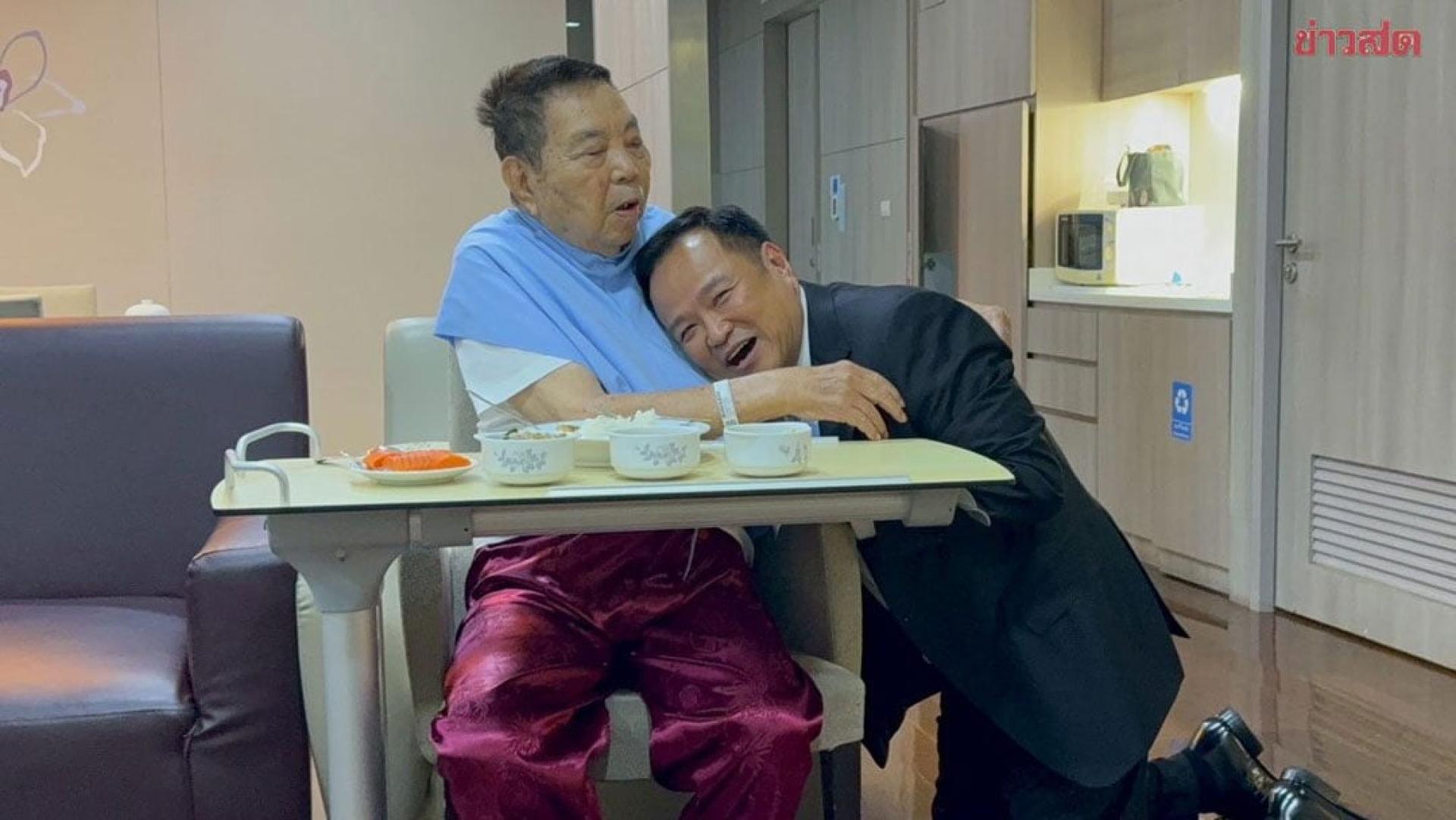On the 5th, Thailand's House of Representatives voted to elect Bhumjaithai Party leader Anutin Charnvirakul as the new Prime Minister. Media and analysts believe that the election of the new prime minister signals that the political turmoil in Thailand may ease somewhat, but multi-party competition continues, and the "minority government" led by Anutin will face numerous challenges in governance. In addition, Anutin has pledged to dissolve the House of Representatives within four months of taking office to enable new elections, so Thailand's political situation remains "volatile."
● New PM Chosen Through Compromise
According to Xinhua News Agency, Anutin, born in 1966, has rich political experience and previously served as Deputy Prime Minister and Minister of Public Health. After the 2023 House of Representatives election, he led the Bhumjaithai Party to join the ruling coalition, making it the second-largest party in the coalition. In mid-June this year, after a leaked phone call between then Prime Minister Paetongtarn and Cambodian Senate President Hun Sen regarding the Thai-Cambodian border situation sparked controversy, Anutin led the Bhumjaithai Party to withdraw from the ruling coalition.
On August 29, after Paetongtarn was dismissed as Prime Minister by the Constitutional Court due to a violation of the constitution, all major political forces in Thailand launched intense maneuvers. The Pheu Thai Party, which Paetongtarn belongs to, attempted to nominate an internal candidate, but failed to take control due to its weakness in parliament. The opposition People's Party, as the party with the most seats in the House, proposed conditions such as constitutional amendments and a deadline for dissolving the House, becoming a key force in deciding the next prime minister. Anutin actively reached out to all parties and was the first to publicly agree to all of the People's Party's conditions.
In the end, the People's Party and Anutin's Bhumjaithai Party reached an agreement, which includes: the People's Party supports Anutin as Prime Minister; Anutin must dissolve the House of Representatives within four months of taking office to enable new elections; the new government must quickly draft a new constitution and hold a national referendum on constitutional amendments; the People's Party will not take any cabinet positions and will continue as the opposition party; and Anutin is not to seek to form a majority government.
Anutin is Thailand's 32nd prime minister and the third since the 2023 House of Representatives election.
● Challenges for the New Government
According to Thai media, the parties joining the ruling coalition have already expressed their intentions regarding cabinet seat allocation. According to preliminary plans, Bhumjaithai Party will obtain 12 of the 35 cabinet positions, and Anutin will concurrently serve as Interior Minister. Additionally, the People's Party reportedly has already expressed to Anutin its desire for the Finance, Commerce, and Foreign Affairs ministries—the three core departments—to be headed by "neutral figures."
Thai media believe that the "minority government" led by Anutin will face significant challenges in governance.
First of all, whether the new government, which does not have a majority in parliament, can smoothly advance policy implementation is in doubt. Although the People's Party voted to support Anutin as Prime Minister, it has repeatedly emphasized that it will continue to act as the opposition and may initiate a no-confidence motion against the government at any time. Thai media point out that this "innate weakness" means the new government is constrained from the start.
Secondly, economic woes and social tensions will continue to test the new government. Currently, Thailand's economy is struggling to recover, investment is sluggish, household debt remains high, and public security incidents occur occasionally. Analysts point out that under the agreement with the People's Party, the main tasks of the Anutin government are promoting constitutional amendment and organizing new elections, thus making major moves in economic recovery and improving people's livelihood unlikely.
According to media reports, Anutin and his allies are currently suspected of electoral fraud in the Senate election and are also embroiled in a land dispute in Buri Ram province. If the outcomes of these cases are unfavorable to Anutin, his government's legitimacy may be called into question.
● Many Uncertainties for Future Political Landscape
In addition to the many challenges facing the Anutin administration, there are other uncertainties in Thailand's political scene.
According to Thai Public Broadcasting Service, Anutin is expected to complete cabinet formation next week and deliver his policy address to parliament in mid-September. Under the agreement with the People's Party, Anutin must dissolve the House of Representatives by mid-January next year and hold new elections in mid-March, the outcome of which remains unpredictable.
Furthermore, the political factional divide in Thailand is longstanding and the distribution of power is highly complex. Although the Pheu Thai Party that Paetongtarn belongs to is no longer in power, the Shinawatra family still wields considerable influence in Thai politics. On the eve of the election, Thai media revealed that Paetongtarn's father and former Prime Minister Thaksin had left the country, drawing widespread attention.
In the early hours of the 5th, Thaksin posted on social media, saying he had arrived in Dubai, UAE, but promised to return home on the 8th. The Thai Supreme Court is set to rule on one of Thaksin's cases on the 9th; if the result is unfavorable, he could be imprisoned again. Whether Thaksin returns as scheduled, the outcome of the trial, and how he will respond could all have unpredictable impacts on Thailand's political situation.
Other analysts believe that the People's Party's push for constitutional amendment and early elections will touch the interests of various stakeholders and face resistance in implementation. Against this backdrop, it will be difficult for Thailand's political situation to truly achieve stability, and renewed political turmoil in the future cannot be ruled out.
